Is Betting On Wildfires A Reflection Of Our Times?
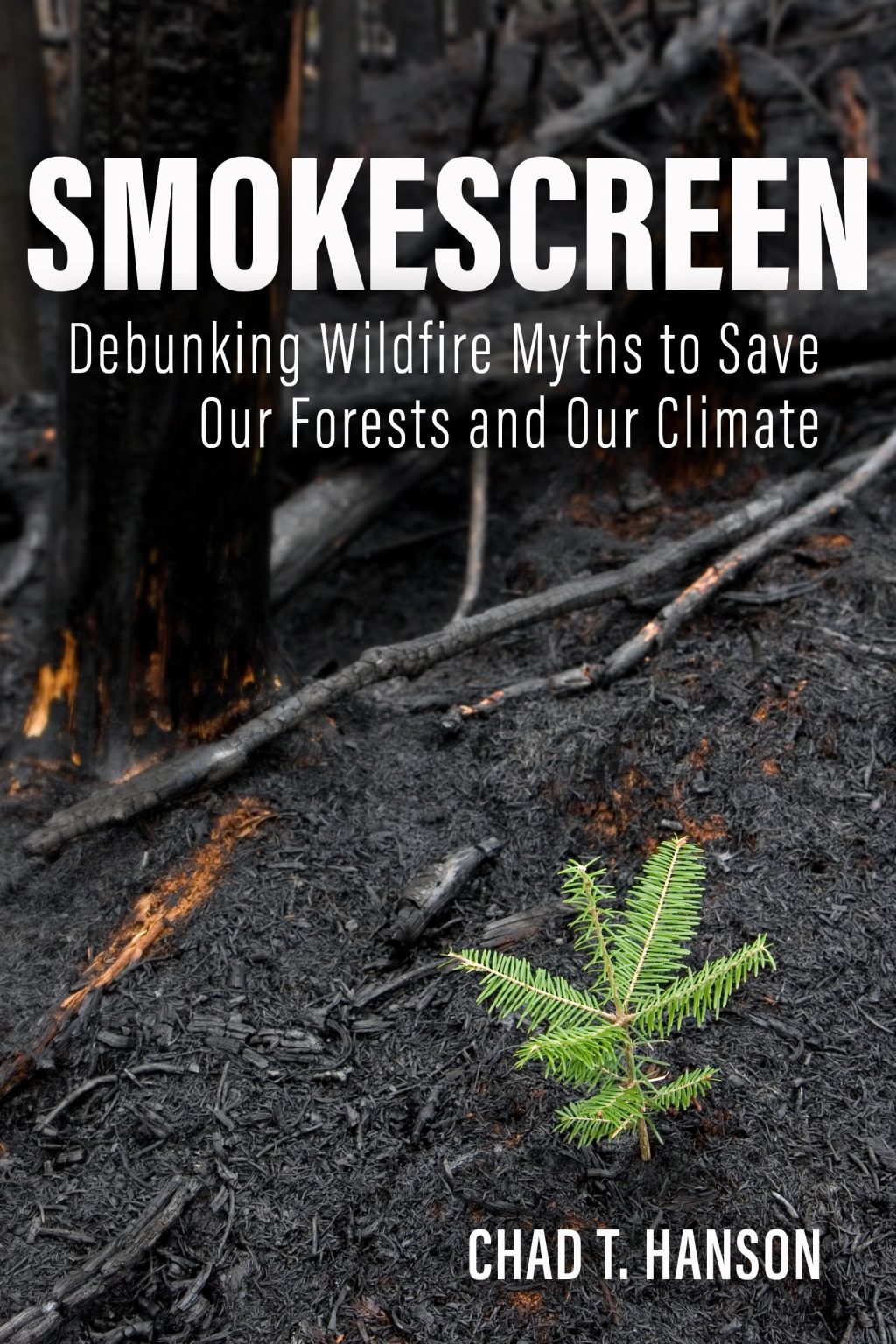
Table of Contents
The Financialization of Natural Disasters
Wildfires, once viewed primarily as natural disasters, are increasingly treated as financial instruments. Various markets offer opportunities to speculate on their occurrence, intensity, and resulting economic damage. This financialization of natural disasters raises complex ethical and societal questions.
-
Catastrophe Bonds (Cat Bonds): These are insurance-linked securities designed to transfer wildfire risk from insurers to capital market investors. Investors receive a return for taking on this risk, but if a large wildfire occurs, they may lose some or all of their investment. This shifts the burden of risk from insurance companies to investors.
-
Derivatives and Other Financial Instruments: A range of derivatives, including options and futures contracts, are linked to wildfire-related indices. These allow investors to bet on the severity of wildfire seasons, potentially profiting from increased insured losses.
-
Insurance Markets and Premiums: The rising frequency and intensity of wildfires are driving up insurance premiums, particularly in high-risk areas. This creates a complex interplay between insurance companies assessing risk and investors betting on the likelihood of payouts.
Ethical Considerations of Profiting from Disaster
The ethical implications of profiting from wildfires are profound. While some argue that cat bonds and other financial instruments help manage and distribute risk, others express deep concern about the potential for exploitation and manipulation.
-
Exploitation and Manipulation: The potential exists for market manipulation, where individuals or entities might profit by artificially inflating the perceived risk of wildfires. This could lead to inflated insurance premiums and unnecessary costs for communities.
-
Moral Implications: The question of whether it's morally acceptable to profit from events causing widespread suffering and environmental destruction remains a contentious issue. Critics argue that such practices prioritize profit over human well-being and environmental protection.
The Role of Climate Change in Wildfire Betting
The link between climate change, increased wildfire frequency, and the growth of associated financial markets is undeniable. Climate change is fueling more intense and frequent wildfires, creating a larger market for those willing to bet on their occurrence.
-
Climate Change and Wildfire Intensity: Scientific evidence overwhelmingly demonstrates the link between climate change and more frequent and severe wildfires. Warmer temperatures, prolonged droughts, and changes in vegetation patterns all contribute to increased wildfire risk.
-
Climate Change Models and Investment Decisions: Sophisticated climate models are increasingly used to predict future wildfire risk. These models inform investment decisions in wildfire-related financial instruments, but they also come with inherent uncertainties and limitations.
-
A Feedback Loop: A dangerous feedback loop exists: climate change increases wildfire risk, leading to increased investment in wildfire-related markets, which may indirectly further fuel climate change through increased carbon emissions associated with these financial activities.
Predictive Modeling and its Limitations
Predictive modeling plays a crucial role in wildfire risk assessment and investment strategies. However, these models are not without limitations, which are important to understand.
-
Accuracy and Uncertainty: While sophisticated, predictive models still contain uncertainties. Unexpected weather patterns or unforeseen human factors can significantly impact the actual occurrence and severity of wildfires.
-
Bias and Data Limitations: The data used to train these models may contain biases, potentially leading to inaccurate predictions and misinformed investment decisions. Access to high-quality, comprehensive data is essential for accurate modelling.
Societal Implications of Wildfire Betting Markets
The financialization of wildfires has significant societal implications, particularly for communities directly impacted by these disasters.
-
Increased Inequality: Those who can afford to hedge their risk through financial instruments benefit, while vulnerable communities often bear the brunt of the damage without the resources to protect themselves.
-
Insurance Availability and Affordability: The increasing cost of wildfire insurance makes it unaffordable for many in high-risk areas, leaving them vulnerable in the event of a wildfire. This exacerbates existing inequalities.
-
Market Manipulation and Exacerbated Disparities: Market manipulation could further exacerbate societal disparities, pushing the costs of wildfire risk onto the most vulnerable populations.
Regulatory Responses and Future Directions
Addressing the ethical and societal concerns associated with "betting on wildfires" requires robust regulatory frameworks.
-
Existing Regulations: Current regulations vary widely across jurisdictions and often lag behind the rapidly evolving financial landscape associated with wildfire risk.
-
Future Regulatory Frameworks: There is a need for more comprehensive regulations that address market transparency, prevent manipulation, and ensure equitable access to insurance and risk management tools.
Conclusion
The financialization of wildfires, or "betting on wildfires," is a complex and concerning reflection of our times. It highlights the intertwining of financial speculation and environmental catastrophe, raising profound ethical and societal questions. The potential for increased inequality, market manipulation, and the exacerbation of existing vulnerabilities demands careful consideration. We need a critical examination of the ethical implications of profiting from disasters and the development of robust regulatory frameworks to mitigate the risks associated with this troubling trend. We urge readers to engage with this critical issue and advocate for responsible investment practices and effective regulations to address the dangers of betting on wildfires and similar speculative practices that ignore the human and environmental costs of climate change.

Featured Posts
-
 Jadwal Lengkap Moto Gp Inggris 2024 Silverstone Klasemen Terbaru And Prediksi Marquez
May 26, 2025
Jadwal Lengkap Moto Gp Inggris 2024 Silverstone Klasemen Terbaru And Prediksi Marquez
May 26, 2025 -
 Analyzing Elon Musks Anger A Tesla Perspective
May 26, 2025
Analyzing Elon Musks Anger A Tesla Perspective
May 26, 2025 -
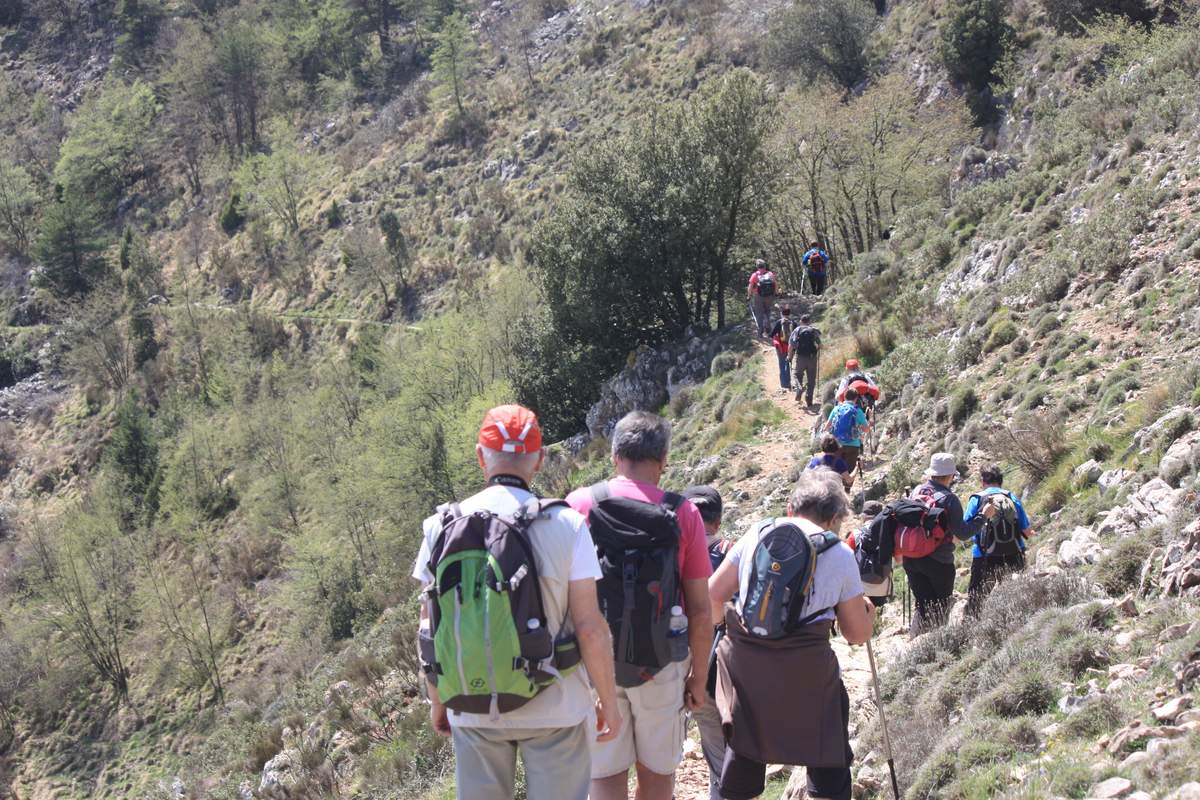 Roc Agel La Finca Monaguesca Donde Se Refugio Charlene
May 26, 2025
Roc Agel La Finca Monaguesca Donde Se Refugio Charlene
May 26, 2025 -
 Lars Fuchs Fcm Legende Und Sein Weg In Die Bundesliga
May 26, 2025
Lars Fuchs Fcm Legende Und Sein Weg In Die Bundesliga
May 26, 2025 -
 Update On Neuers Injury Bayerns Concerns Grow
May 26, 2025
Update On Neuers Injury Bayerns Concerns Grow
May 26, 2025
Latest Posts
-
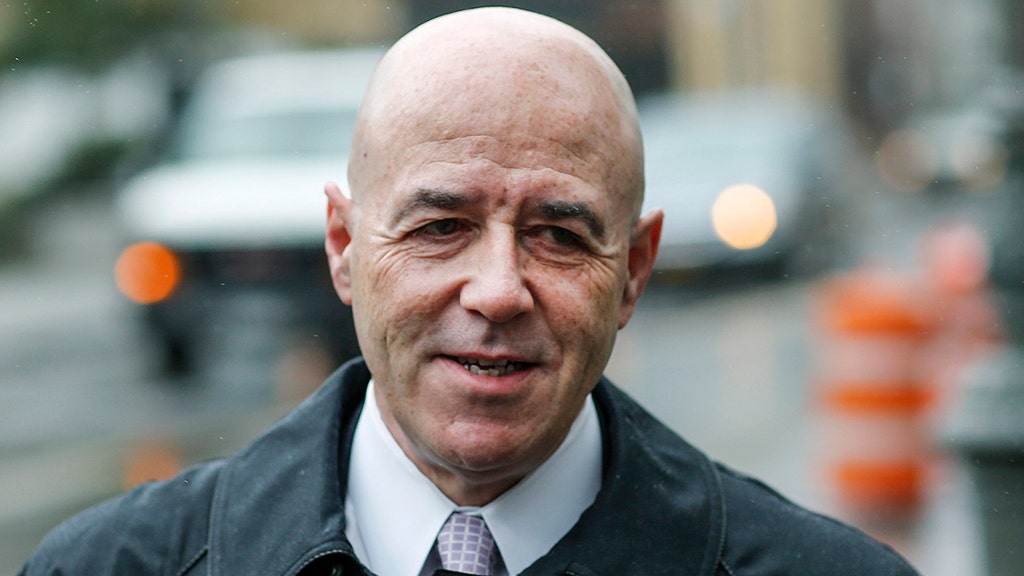 Bernard Kerik And The Aftermath Of 9 11 A Reflection On Leadership
May 31, 2025
Bernard Kerik And The Aftermath Of 9 11 A Reflection On Leadership
May 31, 2025 -
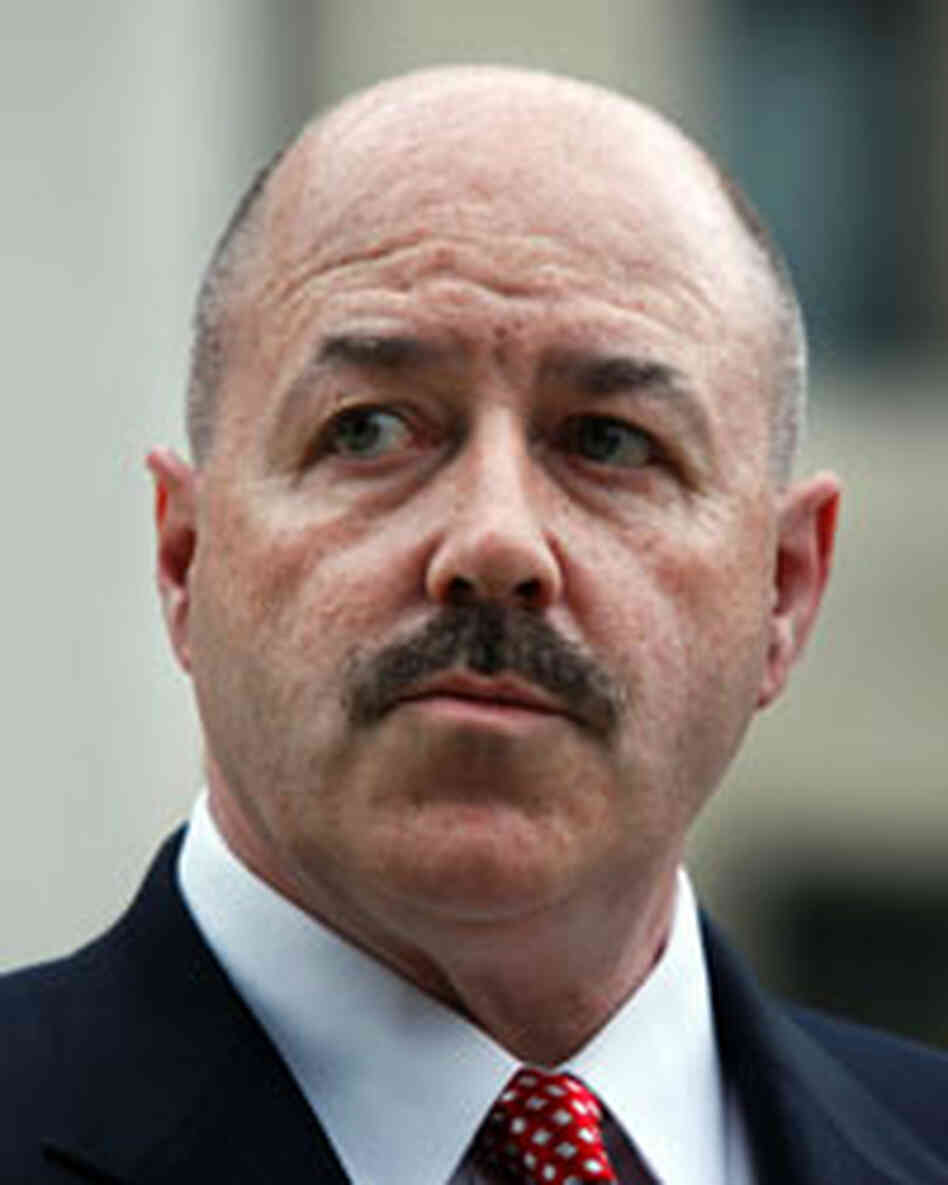 Remembering Bernard Kerik Nycs Post 9 11 Leadership
May 31, 2025
Remembering Bernard Kerik Nycs Post 9 11 Leadership
May 31, 2025 -
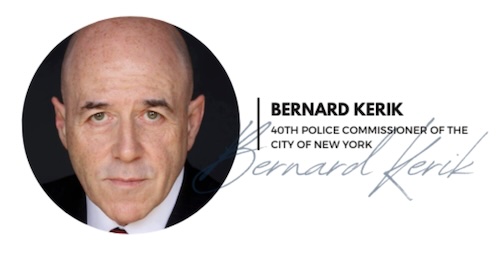 Bernard Kerik Ex Nypd Chief Hospitalized Doctors Expect Full Recovery
May 31, 2025
Bernard Kerik Ex Nypd Chief Hospitalized Doctors Expect Full Recovery
May 31, 2025 -
 Bernard Kerik Former Nypd Head Undergoes Hospital Treatment
May 31, 2025
Bernard Kerik Former Nypd Head Undergoes Hospital Treatment
May 31, 2025 -
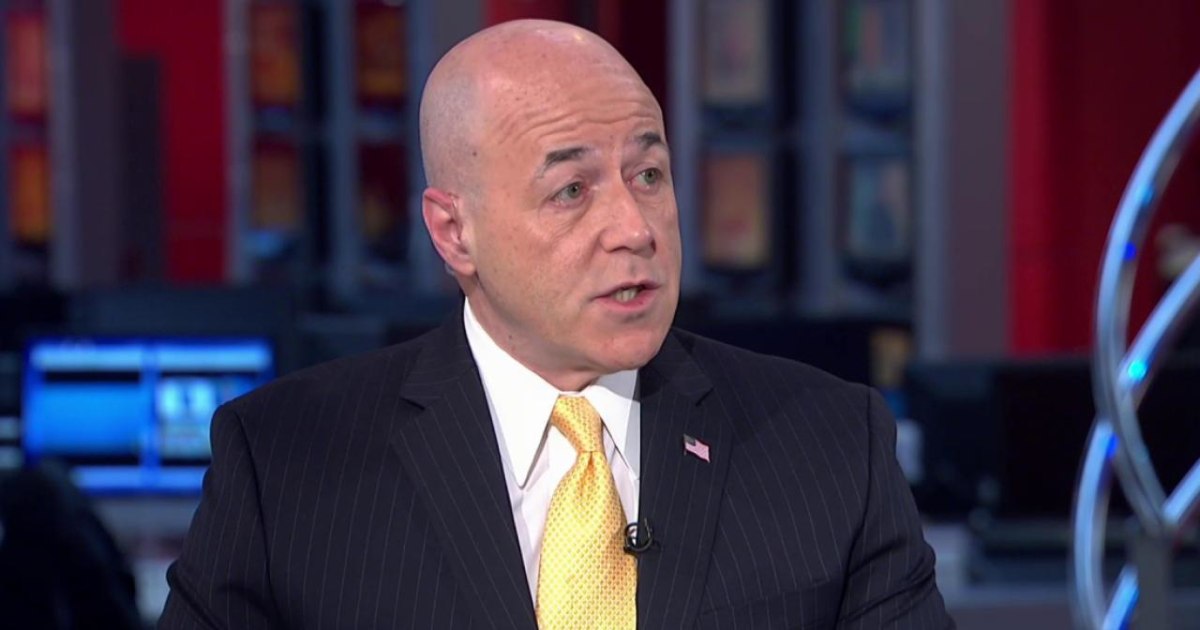 Remembering Bernie Kerik Giuliani Reflects On A Life Of Service
May 31, 2025
Remembering Bernie Kerik Giuliani Reflects On A Life Of Service
May 31, 2025
